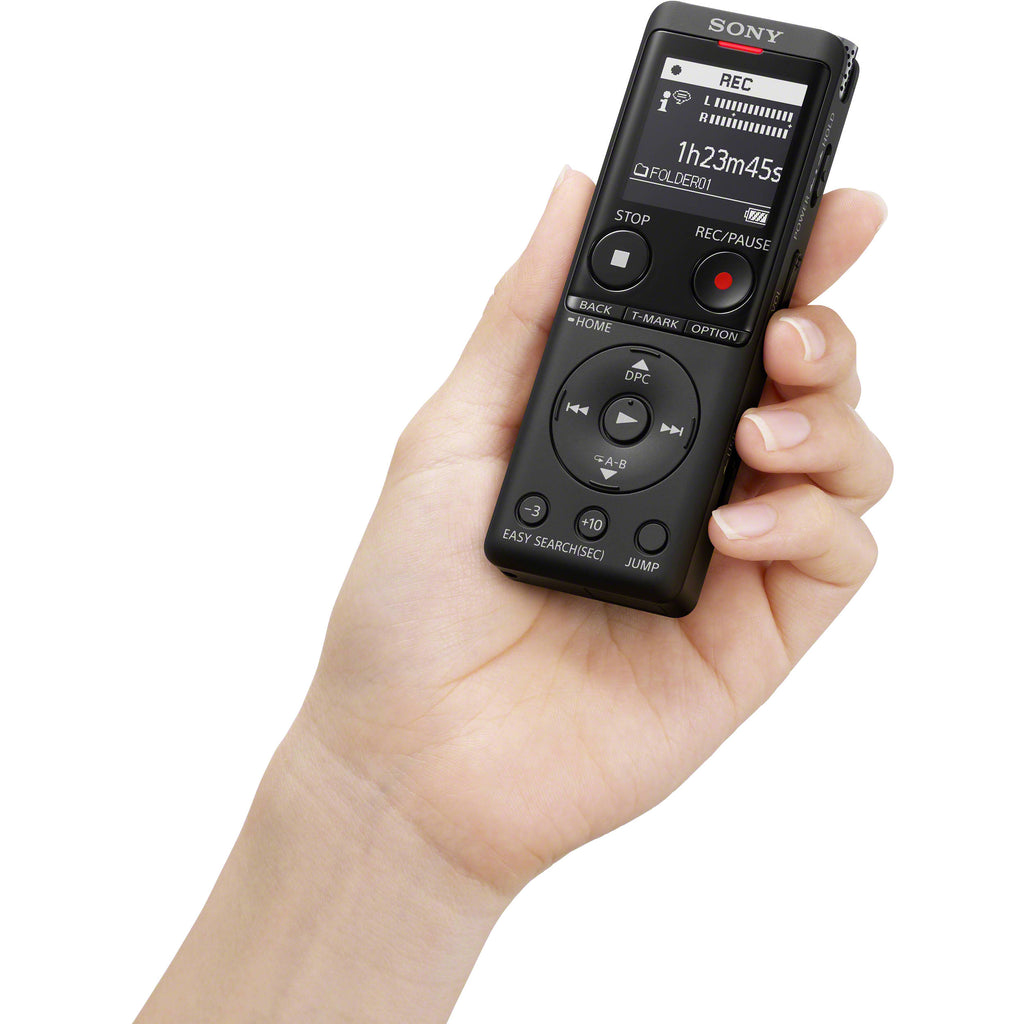

Factor 2 contrasts patients with BPD who rarely carry out suicidal acts and display a lot of anxiety and stress-related symptoms while others show chronic emptiness and carry out frequent suicidal acts (Whewell et al., 2000). Personality dysfunction including BPD may be considered in terms of externalising or outward directed distress such as impulsive behaviour and internalised distress such as affective and cognitive symptoms (Eaton et al., 2011 Lai et al., 2012 Whewell et al., 2000). Chronic emptiness, stress related paranoia or dissociation and serious identity disturbance, are all forms of internalised distress that are positively scored on Factor 1. Chronic anger or frequent angry acts and other impulsivity, can be viewed as externalising distress, and these items are negatively scored on Factor 1.

We conclude that future classifications of this disorder should accommodate four subtypes, and suggest these subtypes have implications for treatment and further research. Secondly, we found a residual pool of undifferentiated borderline patients and a small group of pure non-impulsive borderline patients who are not currently accommodated within the ICD10 emotionally unstable personality disorder. Firstly, identity confusion is found to be a core feature of both our factors, and this does not conform to the restriction of identity confusion to the borderline subtypes in ICD10. The pattern of occurrence of the two factors was similar to the complex binary picture described by ICD10. Criteria common to both factors unstable relationships and identity confusion - were considered core features of borderline personality disorder. Factor analysis identified two factors factor one closely corresponds with the borderline subtype of ICD10, whilst factor two closely corresponds with the impulsive subtype of ICD10. The self-report questionnaire responses of 288 referrals to a personality disorder service were rated on each of the eight criteria for DSM-III-R diagnosis of borderline personality disorder. The aim of the paper is to explore whether the division of borderline personality disorder, as described in the DSM classification, into impulsive and borderline subtypes of emotionally unstable personality disorder in the ICD classification of personality disorder, is a valid division.


 0 kommentar(er)
0 kommentar(er)
